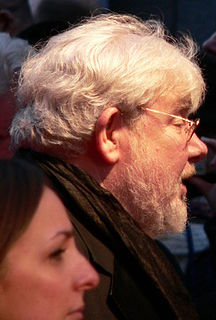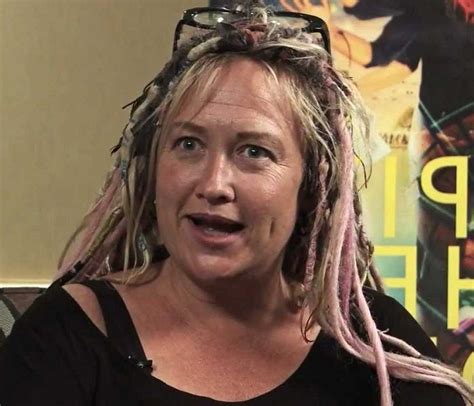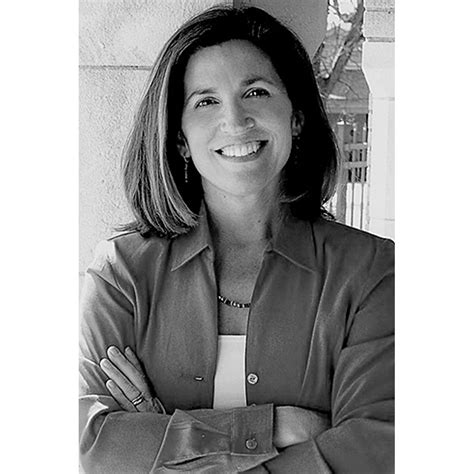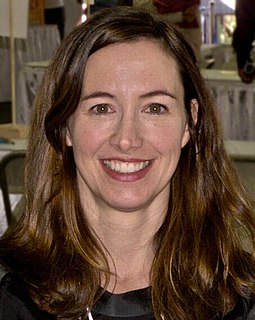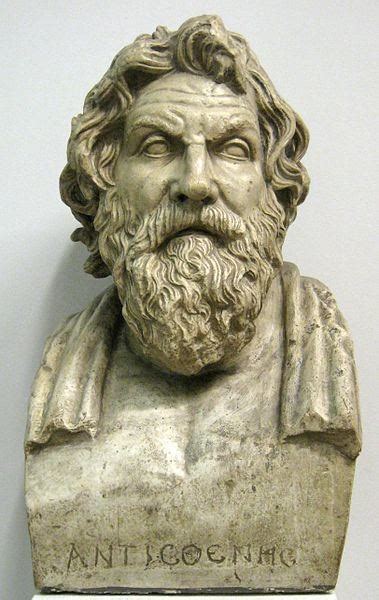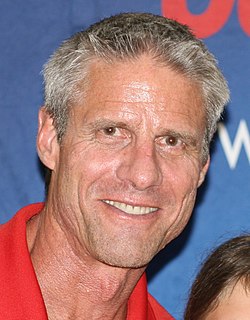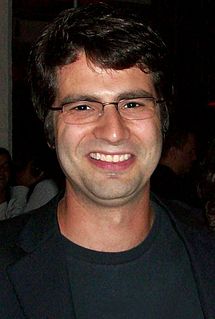A Quote by Richard Griffiths
What can I say? I deal with it. I think I have come to terms with my absolutely hateful and vile childhood. No, I have, really. But I did hate it at the time. I resented it. There were elements of it that were positively Dickensian.
Related Quotes
We had to do something at [a festival in Washington, D.C.]. I remember Chris Martin, by then we all knew him, there were certain people who were regulars. He would say, "Oh, my God, you guys, I think I'm going to throw up." It was a daytime festival, and they went on right after some really heavy band, and he was saying, "I don't think I can do this. I think I'm going to throw up." He was in the bathroom thinking he was going to be sick. He said, "They're going to hate us." In fact, they hated them. They hated Coldplay - did not go over well. His instincts were correct.
People always say, when did you realize you were funny? And I think it's not that you realize you were funny. It's that you're brain works in a certain way. And I don't think that that's - I think in some respects it's uncontrollable, and you can either accept it and deal with it and hone it or you can try to fight it. And I was too weak to fight it.
My whole childhood, that made my skin curl. I was looking for something authentic. I think that drove me into the arts, I really do. That really did it. The only other thing that made me survive, as a human being, was getting into the arts. I was surrounded by people that were very bright and they invited you in. They were gracious. So, it gave me a great education.
Femininity, yes, effectively there is more in The First Man, not only in terms of women but stylistically, in its elements, the notes he wrote. You can see a real love story in it, a childhood love story, [Albert] Camus' first. Meursault [protagonist of The Outsider] and Marie were never up to much really. There is Dora in The Just and others in his plays, but they aren't so well known.
I left my frogs, which I had grown, with my supervisor, who had moved to Geneva, and he and a technician grew them up. So by 1962, they were adults, and one could publish a paper to say that these animals, derived from nuclear transfer, really were absolutely normal. So it took a little time to get through.
